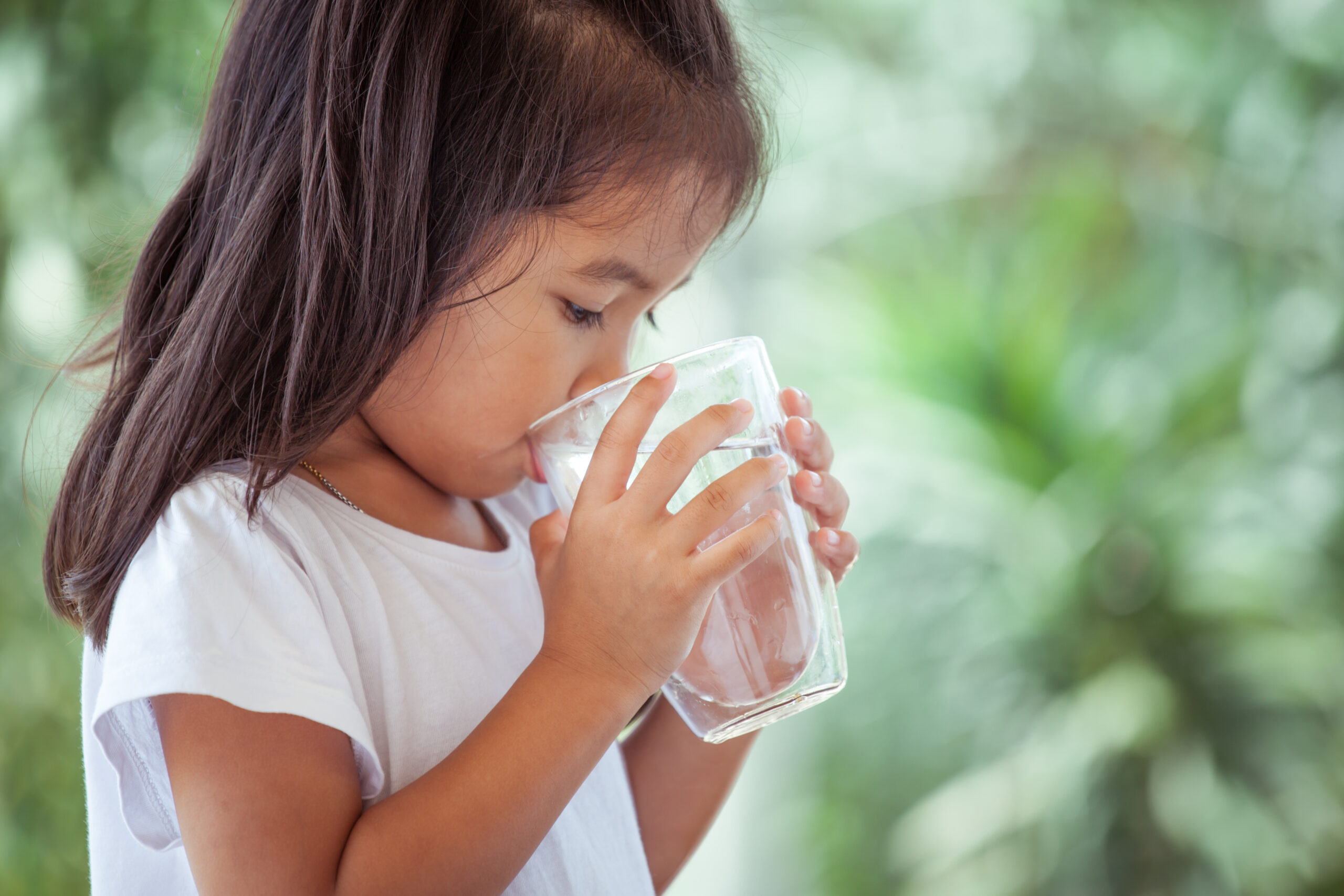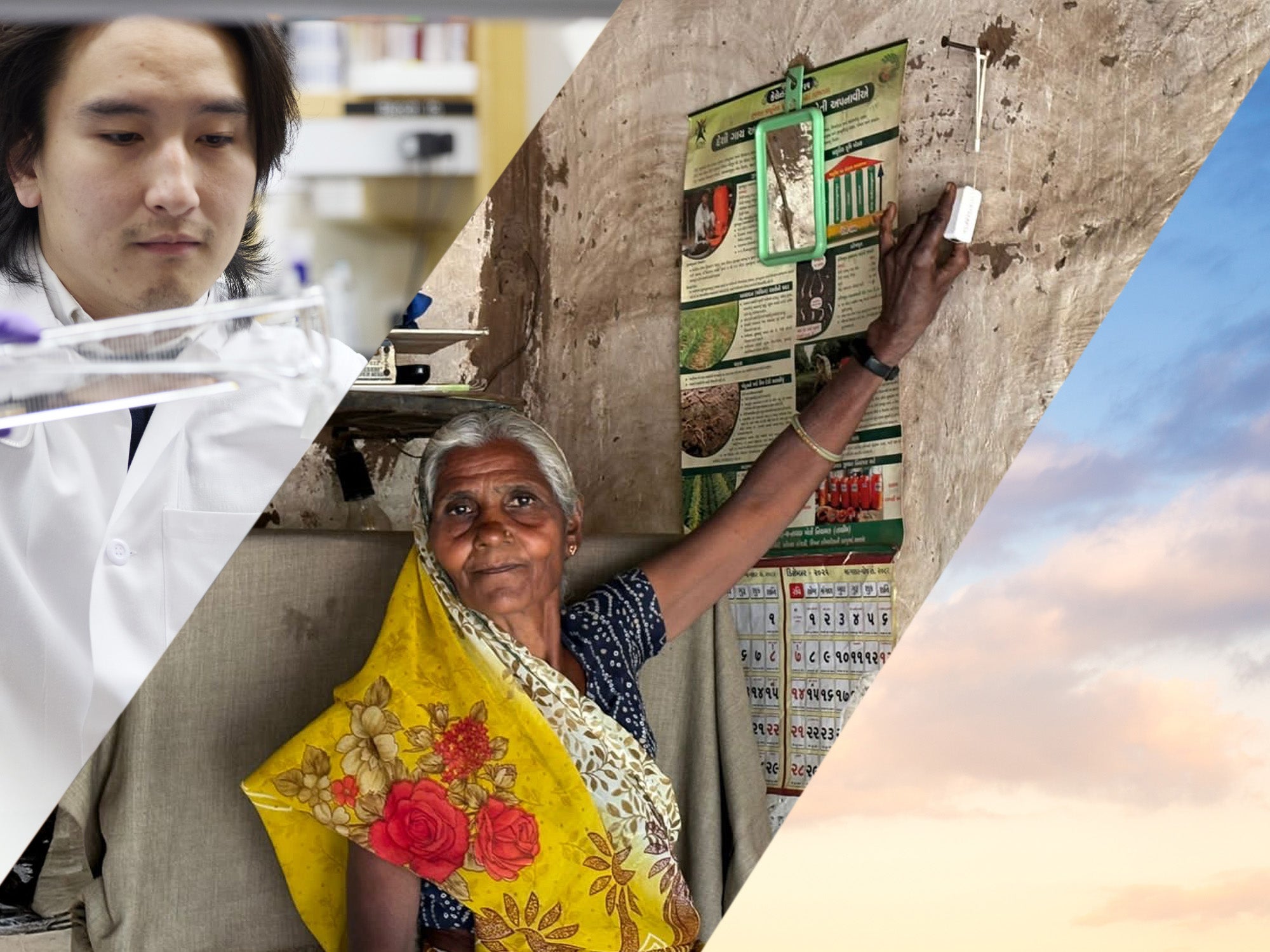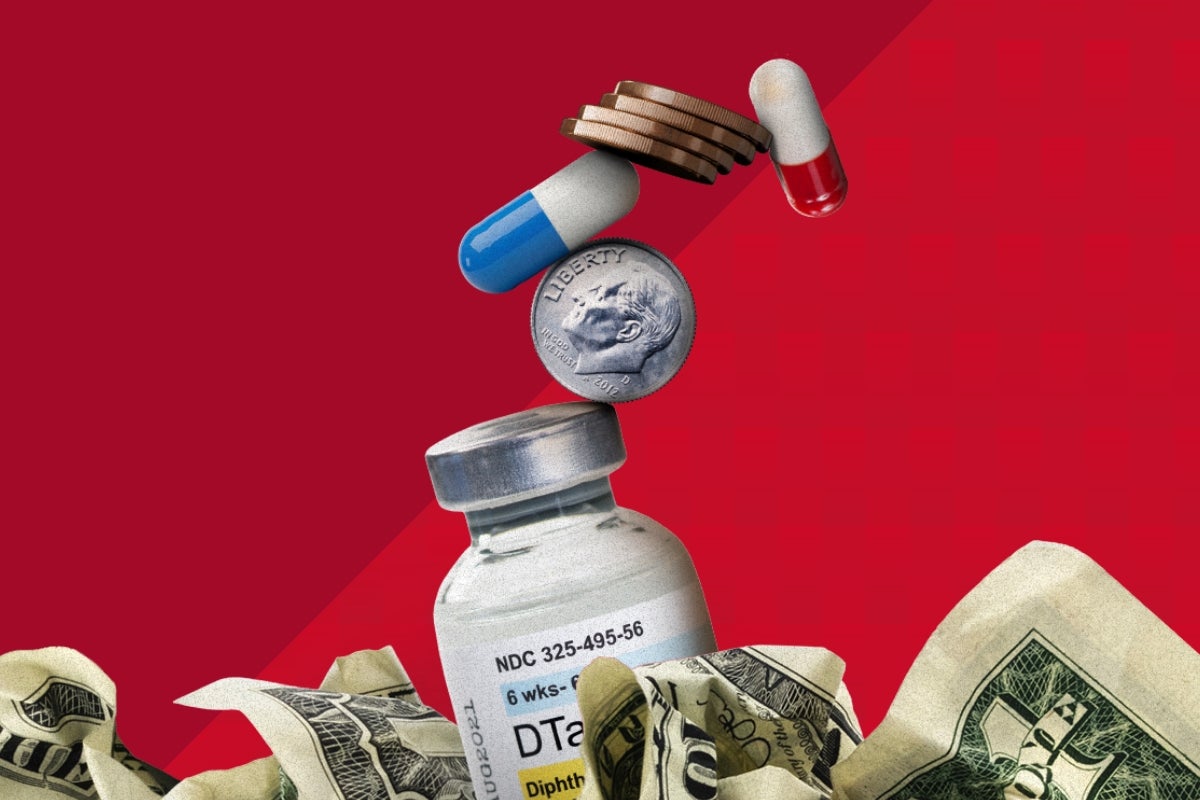CHOICES Project Publishes Sugary Drink Excise Tax Reports for Massachusetts & Boston, MA

The CHOICES Project Team modeled the potential implementation of a state excise tax on sugary drinks in Massachusetts, and also looked at the impact among Boston residents. CHOICES cost-effectiveness analysis compared the costs and outcomes of implementing a tax with the costs and outcomes expected if the tax were not implemented over 10 years (2023-2032). The sugary drink excise tax on distributors is projected to be cost-saving, decrease sugary drink consumption, prevent over 62,000 of cases of obesity statewide, and save $937 million in health care costs statewide. It is also projected that Black and Hispanic/Latinx Massachusetts residents will experience a greater than average reduction in obesity levels after the tax is implemented.


